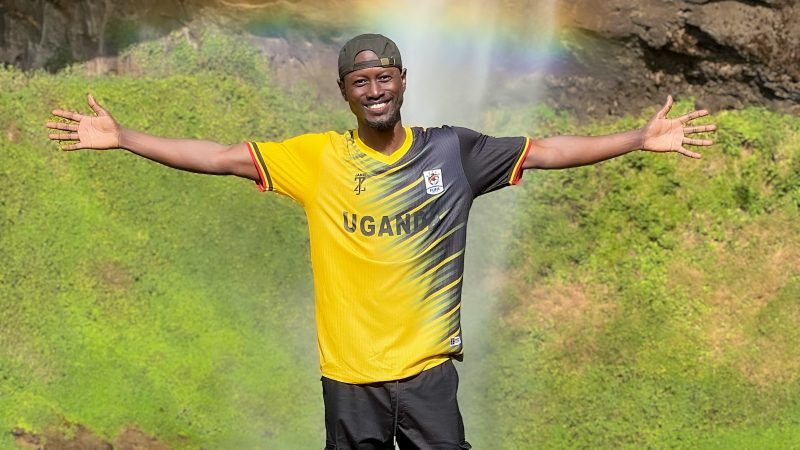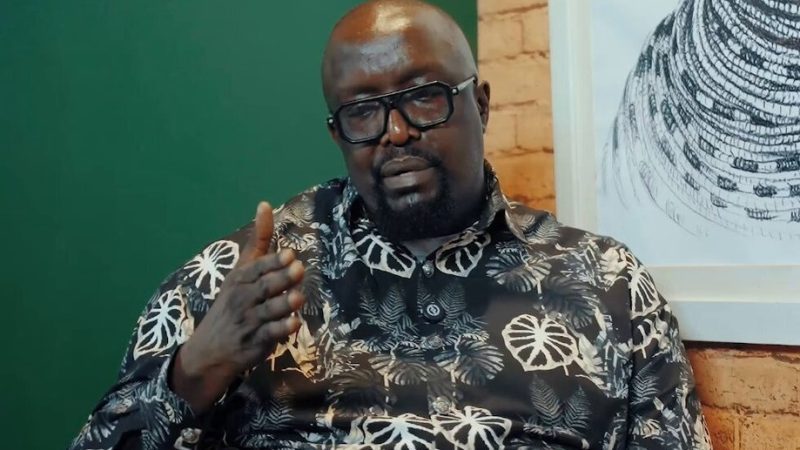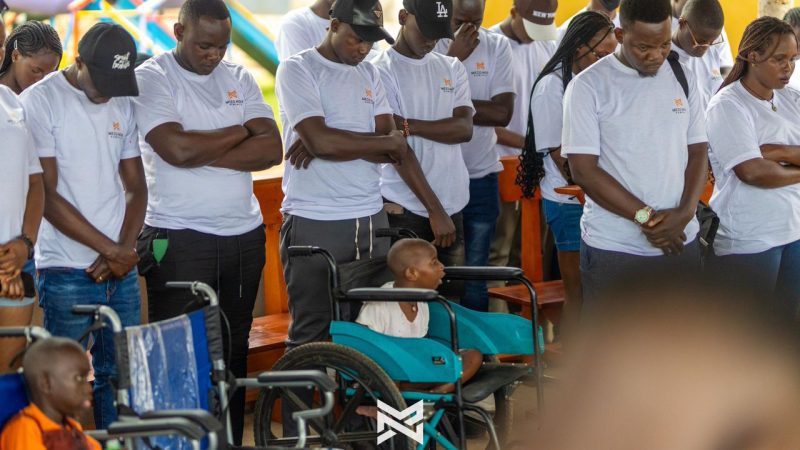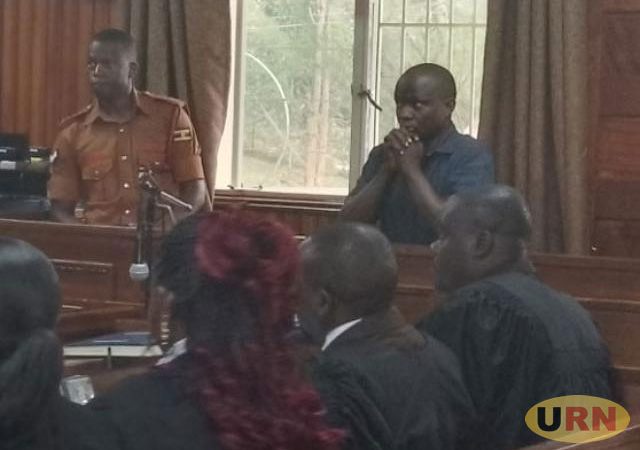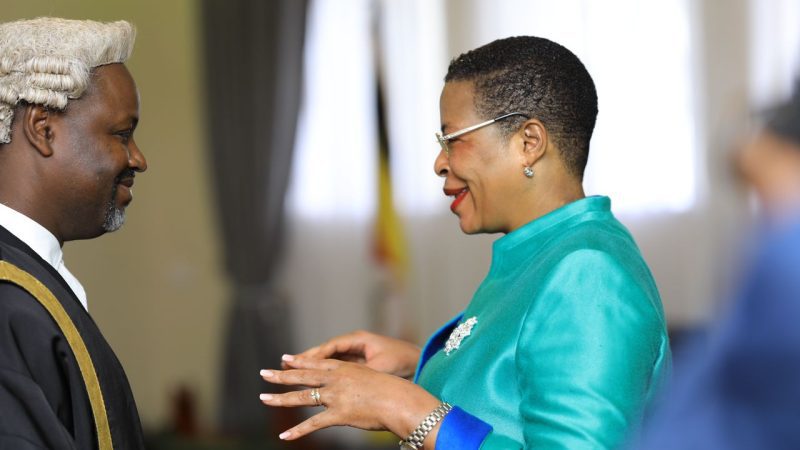The relationship between Uganda’s president Yoweri Museveni and fallen former Uganda People’s Congress (UPC) party national chairman Maj (Rtd) Edward Rurangaranga could well be described as “cat and mouse”.
The disagreement between the two was not necessarily because Museveni belonged to the Democratic Party and Rurangaranga to the UPC.
It was rather on whether Obote should return as Rurangaranga believed or whether there should be a revolution in Uganda’s politics as Museveni wanted.
In his book, “The Teeth May Smile but the Heart Does Not Forget: Murder and Memory in Uganda”, author Andrew Rice explains the source of Museveni-Rurangaranga disagreement.
“A short man with a thick beard, built like a stubbed-out cigar, he’d served as a sort of roving political commissar during the war (against Idi Amin) working to convince the rank and file that they were fighting for Obote rather than for some nebulous idea of revolution,” Rice writes.
“This had provoked several confrontations with Museveni, who believed the major was trying to sow ethnic dissension by spreading scurrilous rumors about him among the Bairu of Ankole.”
It was believed that Rurangaranga, a Munyankore-Mwiru, hated the Banyankore-Bahima. Museveni is a Muhima, and the two camps jostled for the political control of Ankole.
“The speaker of the provincial parliament in the years before Obote’s overthrow, Rurangaranga had always been a UPC firebrand, suspicious of all Bahima, and he was not about to let one of them reassert control over Ankole. Many of his friends had died at the hands of Amin’s soldiers, and he himself had been abducted, shot and badly wounded in 1972. Though he had been lucky enough to survive and make it into exile, he still bore scars from the encounter, and he’d display them to anyone who questioned his right to lead, calling them ‘my C.V.'”
In the first edition of his ‘Sowing the Mustard Seed’, Museveni accuses Rurangaranga, Rwakasisi, Nduhuura and Kabogorwa of attempting “to forment divisions between the Bairu and Bahima people of Ankole by bringing back the old UPC/DP politics”.
From pages 98-99, Museveni explains why he intended to form a non-Nilotic armed group. which Obote did not like, and that he had sent Rurangaranga, Rwakasisi, Nduhuura and Kabogorwa


